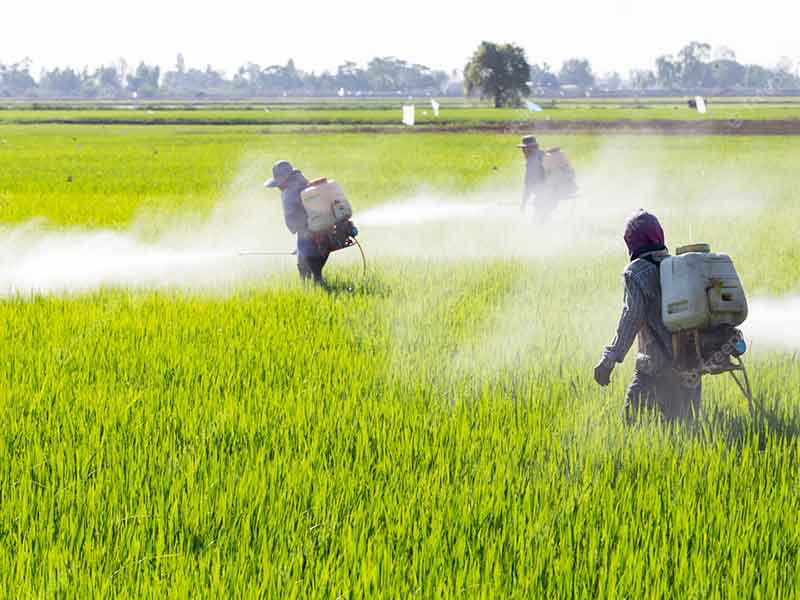How to produce and test agricultural pesticides to ensure health?
The Board of Directors of the Iranian Poison and Fertilizer Importers Association said: No producer decides what pesticide to produce; He is the proposer.
According to the reporter of Mehr, the quality of agricultural inputs, including fertilizers and pesticides, has a great impact on the productivity of land and products. According to an expert in the field of agricultural production, the role of agricultural inputs in crop productivity is undeniable, and their quality, while guaranteeing the health of plants, must be able to guarantee human health as well. It is said that the country does not have a good situation in the production of fertilizers and pesticides and is behind modern knowledge and modern agriculture.
In the previous report, Reza Khalili Yazdi, a member of the board of directors of the Iran Poison and Fertilizer Importers Association, analyzed how poisons are used in Iran's agriculture.
Referring to the education gap in the agricultural sector and the effect of the accumulation of toxins in plants and the threat to human health, he emphasized on the doctor's herbal prescription. In the continuation of the conversation, in response to Mehr's question about how necessary training is for producers along with farmers, Khalili said: No producer decides what pesticide to produce. The manufacturer is the proposer. According to a law, the plant protection organization of the country has an assembly with more than 30 members, including various experts from the Ministry of Agricultural Jihad to the Ministry of Health, the National Environmental Protection Organization and other trustee institutions. If a pesticide is to be imported, the importer submits the information of that poison to this board, which is included in the law under the title of monitoring board. These regulatory bodies make decisions based on which pesticide is needed for which plant in which climate.
He added: Based on the harmful environmental effects of this third, the members of this forum will determine whether this pesticide is suitable for the country or not.
He continued: After that, they should be approved by the Pesticides Research Institute. The Ministry of Agricultural Jihad has a collection called the Institute of Pest Control, where the pesticides in this collection are reviewed by experts.
This agricultural expert said: The experts of this institute are all university professors. They work exactly on the field, that is, on agricultural land in the form of experimental designs, and chemical and physical experiments are carried out in the laboratory by simulating agricultural land. The extracted results are reviewed in technical commissions. If approved, these pesticides will first be temporarily registered, and then, if they are found to be effective in the agricultural community on a wider scale and approved, they will be registered permanently and will be notified in reference books.
A member of the board of directors of the Iranian Fertilizer and Poison Importers Association, emphasizing that no producer or importer, not in Iran but in most countries of the world, can distribute a product to farmers without doing these steps.
Khalili stated that all the country's health custodians are present in this monitoring board and said: These experts take into account all environmental aspects. They are concerned about the use of pesticides in the agricultural sector about bees, beneficial insects, soil, water, etc.
This poisons expert added: After these studies and approval, the manufacturing companies can produce the registered pesticide. It is not that simple to produce and supply a pesticide.

